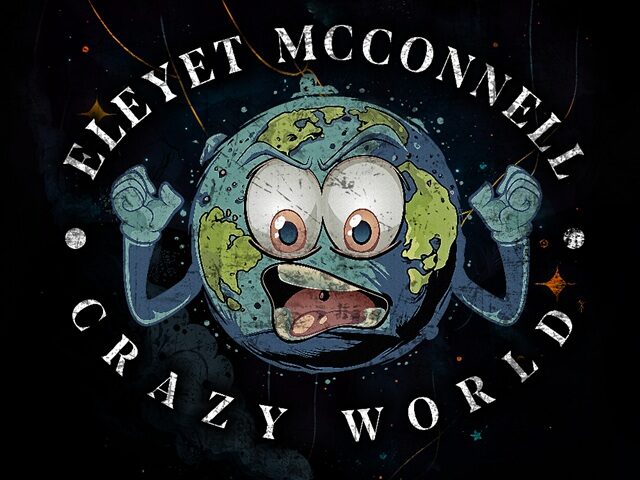
I was in Baltimore for the American Academy of Religion and Society of Biblical Literature conference. Picture Buddhist monks, Catholic priests, and bushy-bearded southern Pentecostals moving through banal convention center hallways, lounging on the provided chairs, swapping iPhone cables and visions of God in the shadows of a recovered Roman miniature barge from Ben-Hur, which they have in Baltimore for some reason. It was a clear morning, the last before the mist and winter storm, and I was spread out, exhausted, in my hotel room. I was staying in Fell’s Point — which, if you’ve ever been there — is a touristy “historical” district with old harbor architecture and cobblestone streets. The night before, Saturday night, the ghost tour had been out — pretty college girls earning part-time wage to wander past the bars and record shops, pointing out the places where men died when there was still sufficient poverty in Fell’s Point to kill them.
So, here I was, Sunday morning, pacing in a small and well-furnished chamber, laptop open, going through the last little bit of Mike’s big dispatch of new singles. I’d hit a bad stretch. Every single band was some jangly, acoustic “emotional” junk — lots of “Mumford and Sons meets” in the description. The whole thing was turning my mood rotten, and I was starting to resent the cloudless blue beyond the windows — didn’t this day, this town, have the basic decency to rain?
The thing about this sound — I don’t know what to call it, aside from “shit”— is that it only works if the people playing it are able to access some kind of sincerity. Any asshole can pick up an acoustic guitar and clamber to a microphone, unwinding little aphorisms about love and pain — but the people who make it work aren’t there for the lyrics, or the playing. They’re there for the feeling behind them. If you wanna be a pseudo-folky in 2013, you gotta be a window into someplace dark and long-occupied. Otherwise, you just go through the motions, pretending to feel, and the whole thing comes off as shallow and exploitative. Honestly, I think this sincerity should be thought of as a technical skill — it has to be thought out, carefully pruned. But it can’t be too technical, right, because then you actually end up with Mumford and Sons, who produce the exact sound of a mandolin filling out its tax returns.
In Baltimore, I put on Selah, the new album by Swedish artist David Åhlén. And, hey, there it was — sincerity. The track I’m sharing is “Linger,” the album’s first, because it comes on like cold water — no ornaments. Just a straight shot of mood, of feeling, and when you really dig into it you can see that it’s not sparse. Just listen to “Linger,” then slip into track two. Smoke a joint and let it work you over gently. You won’t regret it.
This is a bullshit world. Bullshit history, lousy bullshit spaces, miserable bullshit culture. It’s also, for the moment, a world where bands are trying to make it by coming off as acoustic, non-threatening and honest — and even that’s bullshit most of the time. Try fitting God into the Baltimore convention center. Trying talking about death, real death, in Fell’s point, right outside the 7-11. Or don’t.
The point is, through all this bullshit, there’s still some people working very hard, in their minimal way, to put out some truth. That Sunday morning in Baltimore was marked with a kind of teeth-grinding agitation, the low-level hurt of feeling a profound disconnect between the world in my skull and beyond the sockets of my eyes. Then, “Linger.” Suddenly the sky made sense. I sat down. Rested. Prepared for the rest of the day’s sounds, which would not be so understanding.





